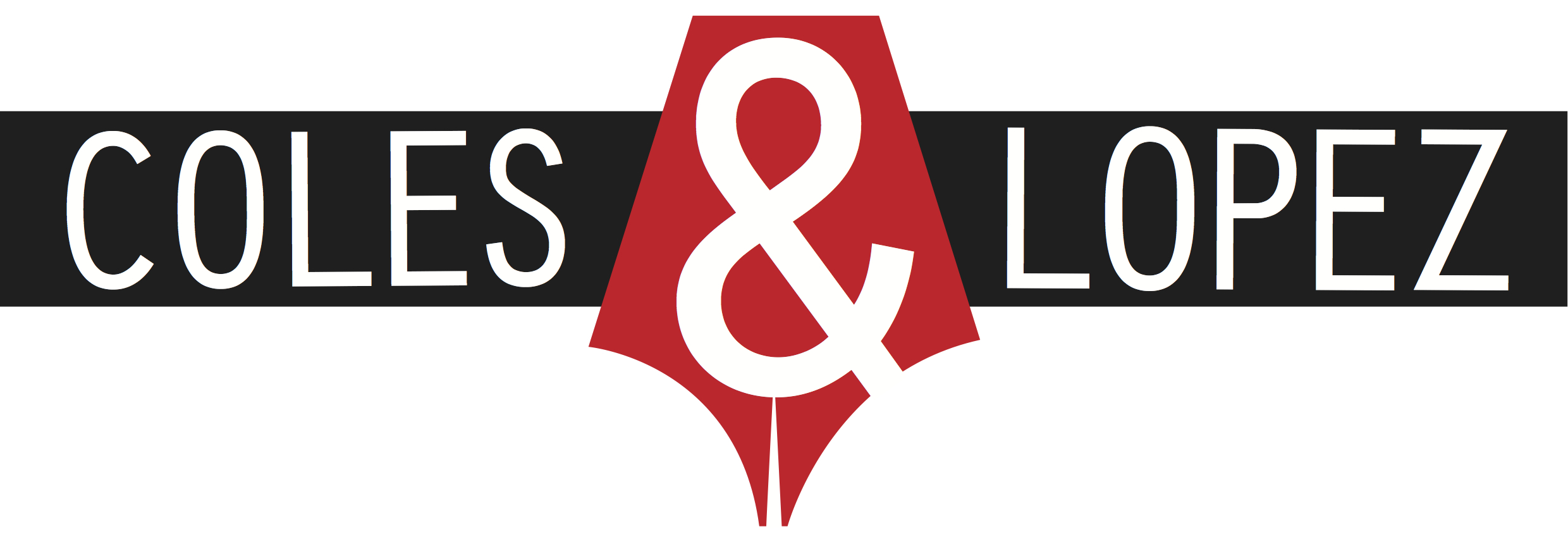The rest is history
The word “historic” is being bandied about a lot at the moment, usually in the context of the US election. (Nope, still not over it.) This might be a good time, then, for us to check in on the difference between “historic” and “historical”.
When something is historic, it is (or will be) significant in history:
The Irish team is celebrating its historic win over the All Blacks.
Luckily, Wellington’s many historic buildings withstood the earthquake.
It has been 53 years since Martin Luther King Jr.’s historic “I Have a Dream” speech.
History in the making: Martin Luther King Jr. in 1963.
When something is historical, it is from the past:
Scientists say 2015 was the hottest year on historical record.
It is slowly becoming easier for victims to report historical crimes.
Hilary Mantel’s historical novels have made her a literary star.
Obviously, some things are both historic and historical. The New Zealand election of 1893, for example, was historic because it was the first in which women were allowed to vote, and it is historical because it happened in the past. In cases like these, context is important. If you want to stress the significance, use “historic”; if you want to stress the time period, use “historical”.
A historic or an historic?
As a rule, you should always use “a” before consonant sounds and “an” before vowel sounds. Note that I say sounds: the letter itself matters less than the sound it makes, hence “a eulogy” and “an honour”.
Many of us were taught to say “an historic” instead of “a historic”. This is a hangover from the 18th and 19th centuries, when people generally dropped the aitch, pronouncing the word “’istoric”. These days, if you have a Kiwi accent, you pronounce the aitch, which means “a historic” is more correct.

